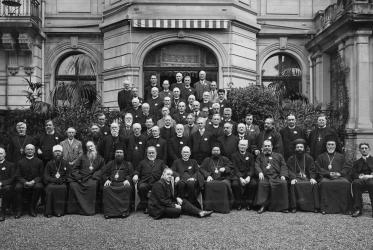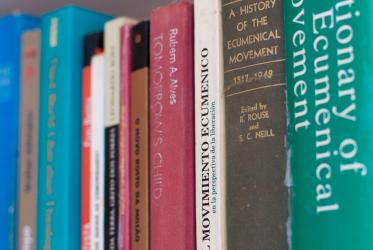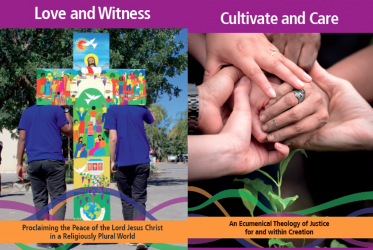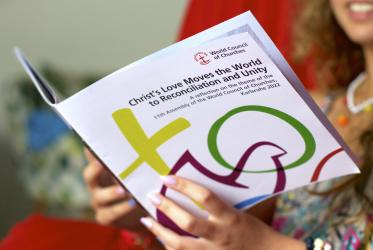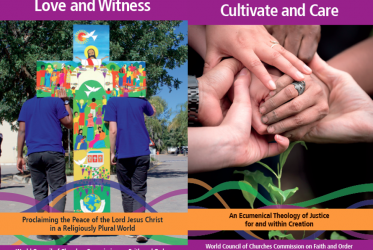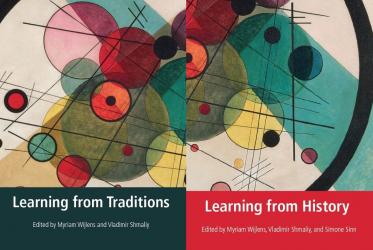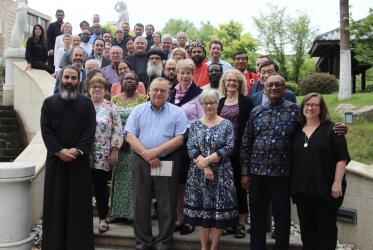Displaying 81 - 100 of 380
09 March 2021
Online-By registration only
WCC webinar “Common witness on environmental justice and religious pluralism”
18 February 2021
Online-By registration only
La Comisión de Fe y Constitución del CMI se reunirá en línea
14 January 2021
WCC Faith and Order Commission to convene online
12 January 2021
